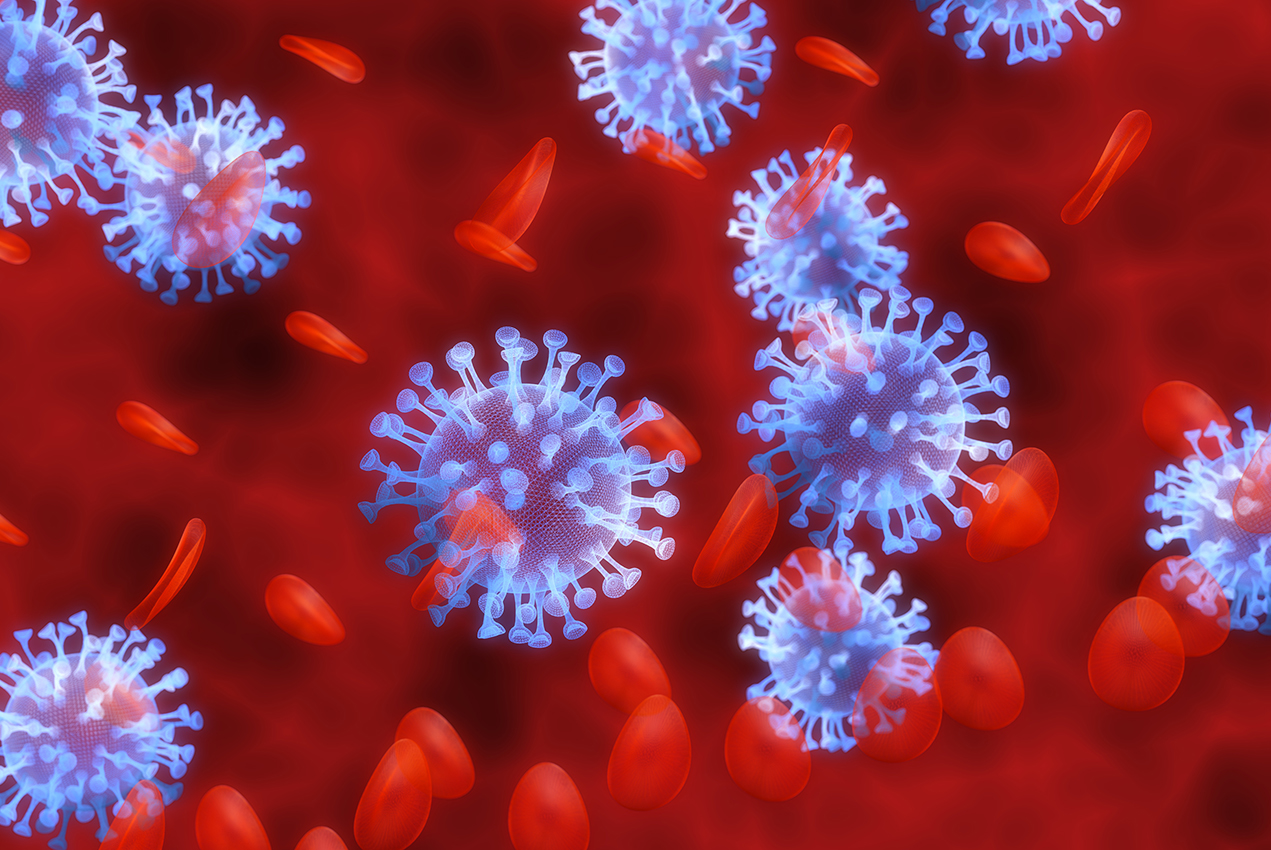Laura Mosqueda, MD, dean of the Keck School of Medicine of USC, has officially launched the COVID-19 Research Task Force to marshal USC’s expertise against the novel coronavirus. The effort includes dozens of scientists and engineers from across USC, who apply their expertise from different fields into a collective response against COVID-19.
The hope is that these experts will speed the development of targeted treatments and accelerate their understanding of the disease. Because the university is based in one of the world’s most diverse regions, USC researchers are uniquely positioned to include patients from different populations, increasing the potential for results that can be applied beyond Southern California.
“We had a surprise attack [COVID-19] that changed the world in a matter of days, and here I am surrounded by some of the most brilliant scientists in the world who are not only up to the task but eager to tackle it,” Mosqueda said. “We provided some structure and facilitation to foment ideas across disciplines and across the university. Teamwork and collaboration can be even more challenging when social distancing.”
Tackling the disease from different angles
The task force is organized into six teams:
- Pre-clinical:researching, diagnosing infections and advancing efforts to treat or vaccinate for the illness
- Clinical trials:ongoing studies to identify the most effective treatments and diagnostic tools
- Characterization and management research: ongoing assessments of the disease’s variable symptoms and severity
- Epidemiology and population research:tracking information on infection rates and disease hot spots
- Social, behavioral and mental health: studying the psychological and sociological impacts of the disease
- Risk mitigation:community outreach and engagement
Doctors and scientists at the Keck School have patient and virus data, while computer scientists and engineers at the University Park Campus and satellite campuses bring artificial intelligence, machine learning, bioinformatics, imaging and information tools to the task.
Aiming research at the big questions
The task force is focused on solving key questions like:
- Can new antiviral medications kill the coronavirus?
- Can existing medicines be repurposed to prevent immune responses from exacerbating COVID-19?
- What new methods can block the virus from entering cells and spreading?
- How can we refine prediction models to better protect public health?
“By connecting the dots between people, labs and the health system, this task force provides an efficient and effective way to get answers to these important questions as quickly as possible,” Mosqueda said.
An example of collaboration already taking place: Researchers at the Spatial Sciences Institute at the USC Dornsife College of Letters, Arts and Sciences, the Information Sciences Institute (ISI) and the Keck School are examining the relationship between COVID-19 deaths and air pollution in California.
USC collaborations on COVID-19 research continue to grow
The COVID-19 Research Task Force is a hard pivot for USC. Few university researchers were involved with coronaviruses or global pandemics until recently. USC has 23 schools and units, many of which have joined the effort, creating unprecedented opportunities for collaborations.
“We’ve been so disrupted that people are more open to crossing boundaries. We’re finding synergies that we otherwise wouldn’t have found,” Mosqueda said.
Among the additional collaborators across USC are experts at the USC School of Pharmacy, the USC Suzanne Dworak-Peck School of Social Work and the departments of psychology and psychiatry and behavioral sciences.
— Gary Polakovic
Funding for the new task force comes from USC, the National Institutes of Health, the National Science Foundation, the Defense Advanced Research Projects Agency and others. The team effort extends beyond the bounds of campus; other collaborators also include UCLA, the Mayo Clinic, Scripps Research Institute and government agencies.


